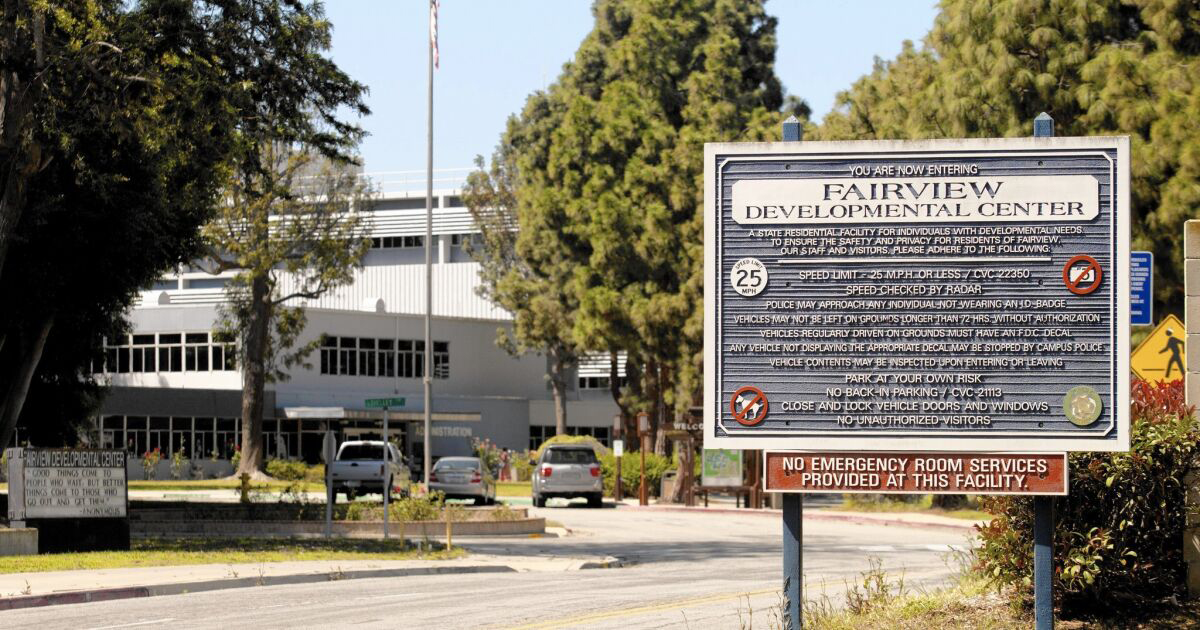By Jim Frazier, Public Policy Director, The Arc / UCP California Collaboration
It’s two weeks to the end of the legislative session, and the budget junior trailer bills are emerging. These bills generally aim to adjust the budget with new data while the California State Legislature is still in session. However, there are also trailer bills that are loaded with policies that circumvent the formal legislative process. Here are two that I found interesting: AB 137 and AB 138.
- AB 137, introduced in January 2023 by Assemblymember Phil Ting, includes a trailer bill that addresses various health-related issues such as hospice services, alcohol and drug abuse recovery, and patient services for individuals 21 and under who are undergoing treatment in a mental health facility, among other issues. It’s exciting to see a real effort in addressing the many shortcomings in this policy area. However, one thing I felt was missing was including Californians with developmental disabilities who have a dual diagnosis. The bill could have dedicated funds to defining the appropriate experts and specialists who can determine a proper treatment plan. This illustrates my concern that in a rush to forgo proper procedures and analysis by policy experts, important issues like addressing mental health for people with disabilities get overlooked. It’s important that as a community, we need to insist on being at the table every step of the way.
- AB 138, the trailer bill being considered, includes good opportunities for crisis care and newly funded transitional housing for adults with developmental disabilities. One new program, the “Complex Needs Residential Program,” would utilize 60 acres at the now-vacant Fairview Developmental Center in Costa Mesa, CA, but would ensure that residential stays are no longer than 18 months. The 114-acre state-run hospital, originally established in 1959, provided about 2,200 beds for people with severe conditions such as cerebral palsy, epilepsy, brain injuries, and autism. It was shut down in 2021. Additionally, the trailer bill requires the Department of Developmental Services (DDS) to work jointly with the regional center to identify or develop alternative services and supports in the event the department determines that an individual cannot be safely served in a Stabilization, Training, Assistance and Reintegration (STAR) home. The trailer bill also includes several new requirements that DDS must follow to ensure better equity and oversight in regional center services.
We look forward to collaborating with the Legislature as we move into the close of this session and working with policy chairs and their staff to craft useful legislative proposals and budget augmentations in the upcoming legislative session.

